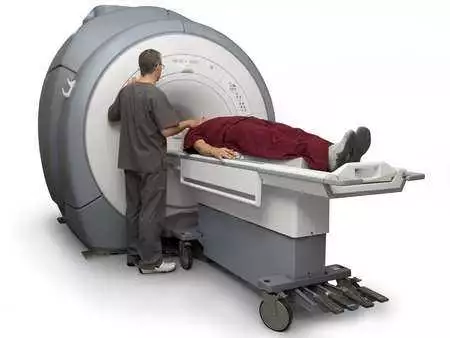At the present time, a completely certain diagnosis of Alzheimer's disease in its very early stages is a great difficulty for medical specialists.
A detailed internal medicine examination, in which other causes of dementia are ruled out, plays a key role. Among these are:
- general urine examination,
- metabolic tests,
- blood test with smear,
-
concentration of vitamin B12, serum folic acid, homocysteine, TSH and others.

photo: pantherstock
ECG and Medical US examination of the carotid arteries allows the presence of atherosclerotic lesions to be determined. However, SPECT or PET imaging are among the most sensitive methods. They indicate disturbances in blood flow and glucose metabolism in the central nervous system (CNS). A CT scan (computed tomography) of the brain also plays a very important role - it excludes post-stroke foci or brain tumours. It also allows assessment of the extent of brain atrophy, evaluation of vascular lesions in the white matter and the topography of the occurrence of these lesions.
In recent years, magnetic resonance spectroscopy and determination of APOE polymorphism and Aβ protein concentrations in cerebrospinal fluid have also become popular.
Bibliography:
- "Clinical neurology" R. Mazur, Via Medica, Gdansk 2007, 3rd ed.
- "Neurology" W. Kozubski, P.P. Liberski, Wydawnictwo Lekarskie PZWL, Warsaw 2011, 1st ed.
- "Diseases of the nervous system" edited by W. Kozubski and P.P. Liberski, Wyd. Lekarskie PZWL, Warsaw 2004.









